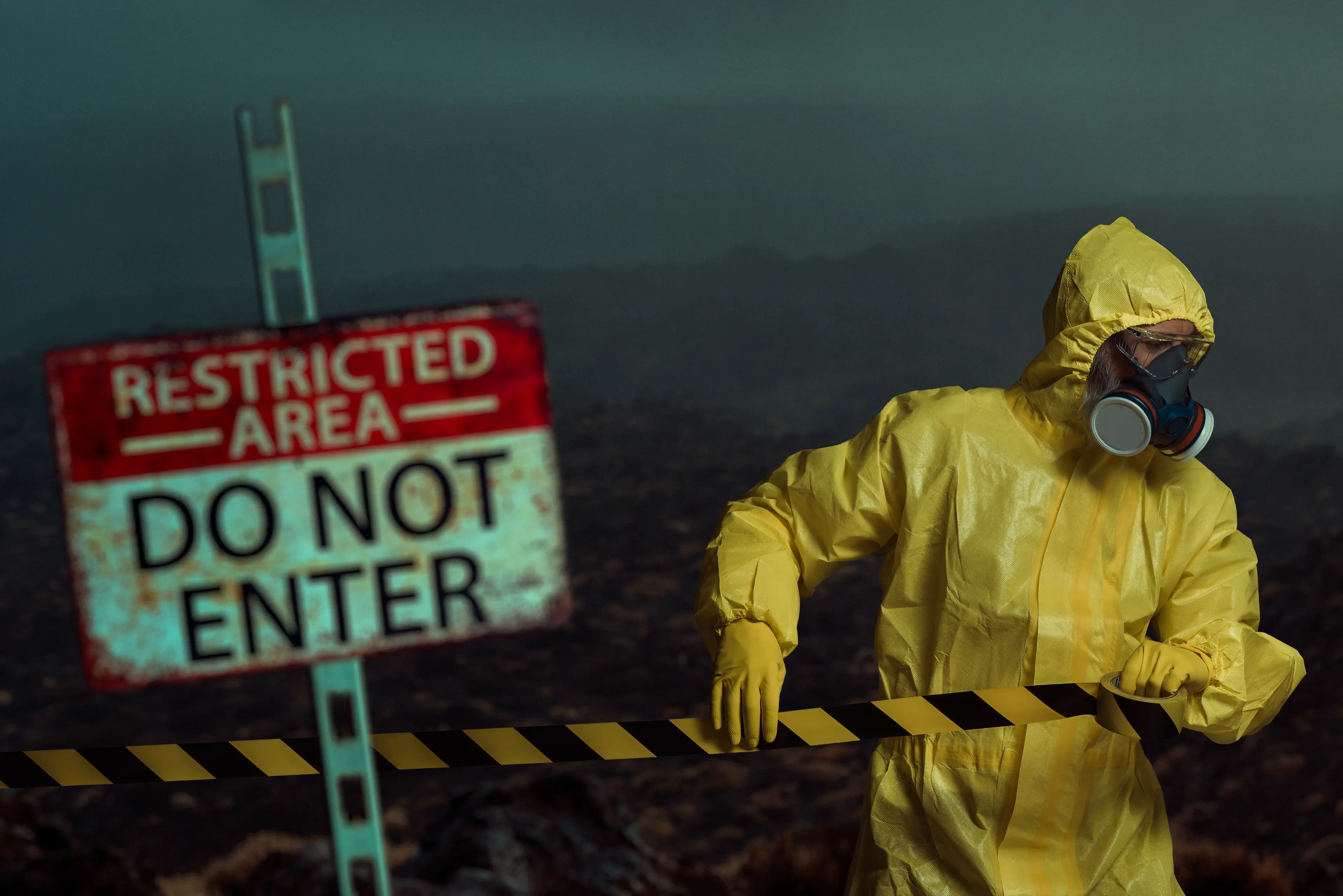
An expert reckons the next pandemic will wipe out more than seven million people.
Yeah I know, Covid was bad enough and many of us have tried to put that time behind us. But unfortunately coronavirus is still a thing (with new strains still doing the rounds) and while we might have reduced its spread, pandemics and epidemics are obviously still possible.
And an epidemiologist over in the US has carried out a ‘thought experiment’ of how the next one would kick off.
Michael T Osterholm reckons the ‘The Big One’ could be worse than the Covid-19 pandemic as his book with Mark Olshaker looks at a ‘theoretical-but plausible’ scenario in which a new and deadlier one emerges and spreads across the world.
Advert
The pair have looked at what we should be learning from past pandemics for the future.

According to the professor, the next one will be ‘like a biological bomb going off… The world will once again be on fire’.
Apparently it’s ‘not optional’ and could kill more than seven million Americans, with a huge amount more globally.
Osterholm also suggests the next pandemic to sweep the globe will begin with the death of a single baby in Africa, as his hyptotherical scenario begins on the border of Kenya and Somalia. A local health worker trying to help the sick is described as a ‘super-spreader’ without realising they are carrying the virus which goes on to be transmitted all over.
The book description includes: “COVID-19 was just a taste of what's to come — if we're going to survive the next big pandemic, we need to be prepared.”
And in it, they quote Nobel laureate Dr. Joshua Lederberg as they discuss no one being completely safe until everyone is safe.
“Bacteria and viruses know nothing of national sovereignties...” it reads.

“No matter how selfish our motives, we can no longer be indifferent to the suffering of others. The microbe that felled one child in a distant continent yesterday can reach yours today and seed a global pandemic tomorrow."
The book goes on to discuss the need to ‘develop new and effective vaccines’ to also ‘plan for a means to scale up manufacturing to meet global need’.
However, they acknowledge ‘how unlikely’ the level of ‘global cooperation’ needed is but add: “[it] doesn’t make this any less important.”
While spends may be funnelled into national defence and security, the professor warns: “It is no exaggeration to say that each of us remains in far greater constant danger from microbial enemies than from human ones.”
Of course, Osterholm’s scenarios are hypothetical but serve as a ‘thought experiment’ of how a pandemic may happen and what needs to be done globally.
Topics: Coronavirus, Health